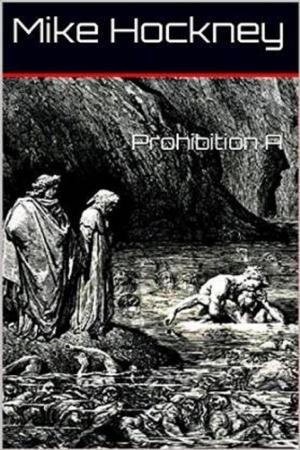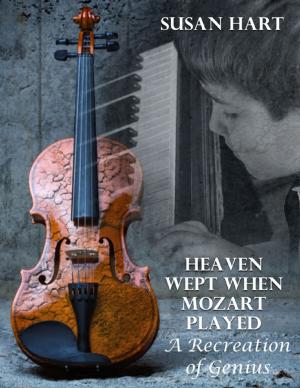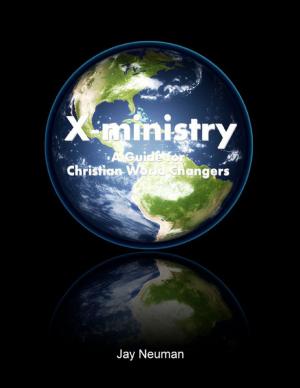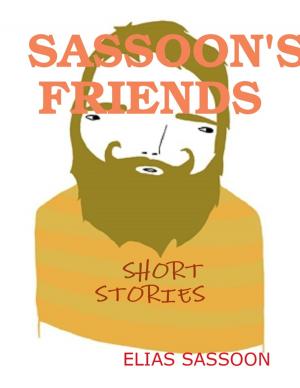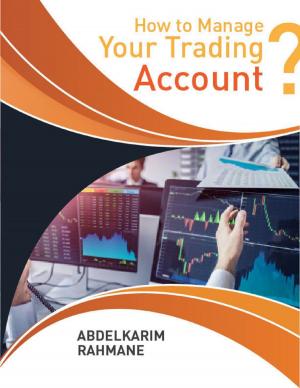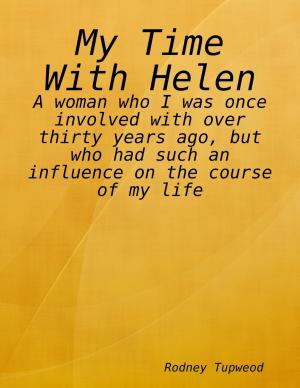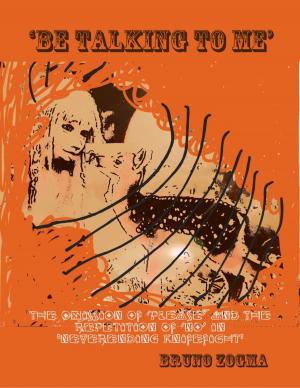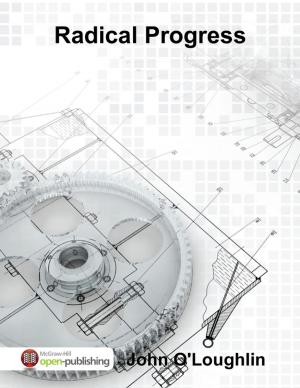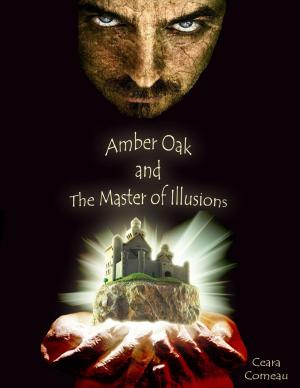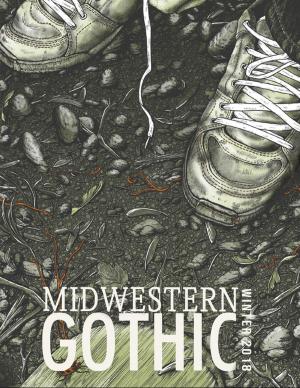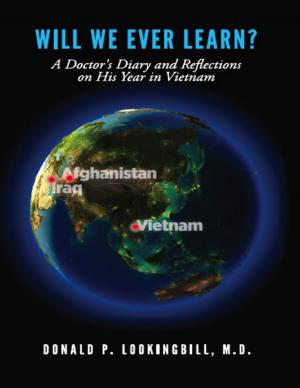| Author: | Dr. Roberto Miguel Rodriguez | ISBN: | 9781105124891 |
| Publisher: | Lulu.com | Publication: | July 13, 2015 |
| Imprint: | Lulu.com | Language: | English |
| Author: | Dr. Roberto Miguel Rodriguez |
| ISBN: | 9781105124891 |
| Publisher: | Lulu.com |
| Publication: | July 13, 2015 |
| Imprint: | Lulu.com |
| Language: | English |
Sudan has all the characteristics of an intractable conflict. The roots of the problem run deep into the Sudanese society, heavily influenced by cultural factors, such as religion, ethnicity, ideology, and economics. In this paper, I will describe the major characteristics of this conflict, and use it as a base to suggest and discuss a few recommendations about how an international neutral could go about building bridges among the parties in dispute, especially at the community level. Specifically, I will discuss and comment about Arai’s concept of dialoguing with genuine curiosity, the starting points discussed by LeBaron and Pillay, the ever present and extremely important concept of framing, argue for the need for a Sudanese Truth and Reconciliation Commission, and applaud the UNESCO-led initiative of providing training in conflict resolution to the local leaders among the populations of the two parties in dispute.
Sudan has all the characteristics of an intractable conflict. The roots of the problem run deep into the Sudanese society, heavily influenced by cultural factors, such as religion, ethnicity, ideology, and economics. In this paper, I will describe the major characteristics of this conflict, and use it as a base to suggest and discuss a few recommendations about how an international neutral could go about building bridges among the parties in dispute, especially at the community level. Specifically, I will discuss and comment about Arai’s concept of dialoguing with genuine curiosity, the starting points discussed by LeBaron and Pillay, the ever present and extremely important concept of framing, argue for the need for a Sudanese Truth and Reconciliation Commission, and applaud the UNESCO-led initiative of providing training in conflict resolution to the local leaders among the populations of the two parties in dispute.


